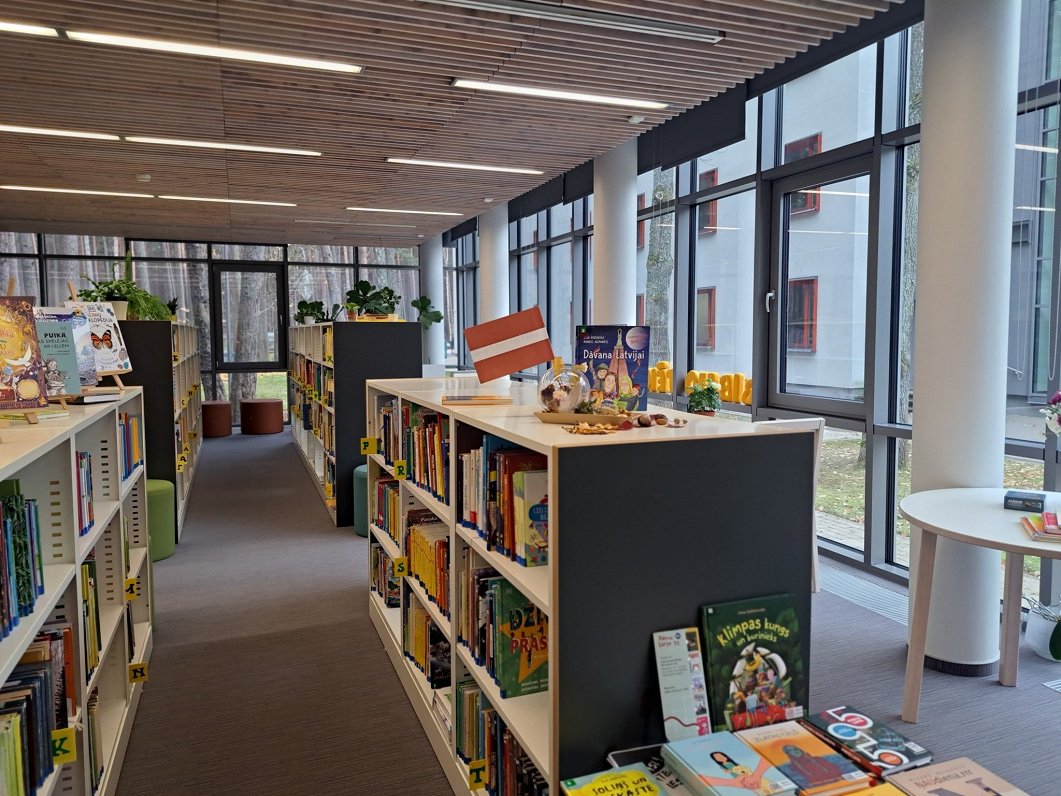“We, the LNB and the LBB, believe this is a very dangerous signal in a democratic, legal and socially responsible country based on human dignity and freedom, as well as recognizing and protecting fundamental human rights,” the LNB and LBB said in a statement, which states that this appeal by the Orphan's Court of Jūrmala must not go unnoticed and the responsible bodies should do everything to prevent such cases from recurring.
“We will not rely on discussing whether the content of the books, as indicated by the Orphan's Court of Jūrmala, conforms to the definition of pornographic material within the meaning of the laws and regulations of the Republic of Latvia, because that is the task of law enforcement institutions,” the statement says.
Jūrmala Orphan's Court has called on Jūrmala Central Library and its branches to restrict children's access to books “Down there,” (Tur,lejā) “The day Dad discussed tricky issues,” (Diena, kad tētis pārrunāja kutelīgus jautājumus), “Roadmap for boys on almost everything,” (Ceļvedis zēniem gandrīz par visu) and “Roadmap for girls on almost everything” (Ceļvedis meitenēm gandrīz par visu).
LNB and LBB also invited to look at this in the light of Article 100 of the Constitution of the Republic of Latvia, which establishes the right of everyone to freedom of expression, which includes the right to freely obtain, retain and distribute information, express views, as well as prohibits censorship.
The Communication also draws attention to Article 19 of the UN Universal Declaration of Human Rights, which states that everyone has the right to freedom of opinion and expression; this right includes the freedom to express opinions without interference and to seek, receive and disseminate information and ideas through any media and regardless of borders.
LNB and LBB stated that
"librarians shall not be involved in censorship activities under any circumstances and the mission of libraries shall be based on the exercise of fundamental rights, and international and national regulations shall stipulate that library stocks shall be independent and shall not be affected."
At the same time, the communication indicates that such interference by institutions in the work of the library also poses a risk of self-censorship – the informed or unconscious choice of librarians not to grant access to certain works due to fear or uncertainty about the reaction of institutions or users.
"If we touch on the content and purpose of these books, we would like to stress that a librarian should not speak to a child about intimate issues. Parents do. But libraries in a democratic society offer a diversity of information that provides parents with support in raising and educating children, including on sexual education," LNB and LBB said.
"Libraries should not censor book content. And we must not allow censorship in the interests of others to take place at the hands of libraries. Libraries are the guardians of freedom of expression, ensuring the free flow of information to everyone."
LNB and LBB have addressed the open letter to Saeima, the Cabinet of Ministers, the Association of Local and Regional Governments, the Jūrmala City Council, and the Ombudsman.



























